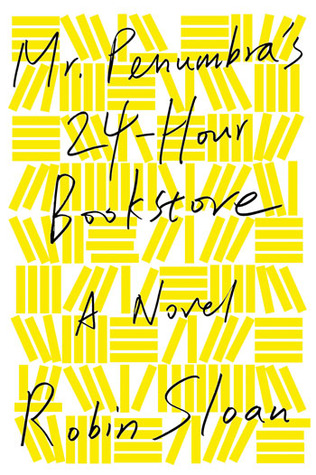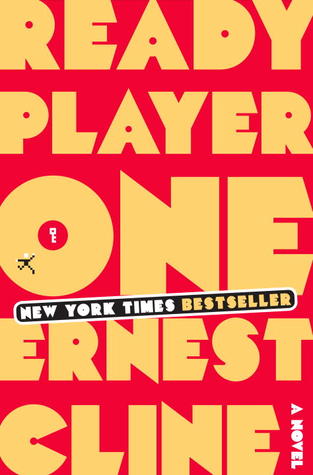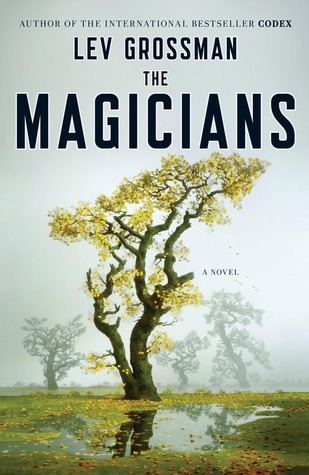 Christmas Stories: Heartwarming Tales of Angels, a Manger, and the Birth of Hope by Max Lucado
Christmas Stories: Heartwarming Tales of Angels, a Manger, and the Birth of Hope by Max LucadoMy rating: 3 of 5 stars
Is it February already?
I downloaded this to read over the holidays, but I had so many other books I was desperate to read that this one got left out in the cold. Yeah, that was a bad pun. [Insert another bad pun about there being "no room in the inn" for this book here.]
Puns aside, this is a collection of Christmas stories by Max Lucado. Lucado's books are overtly religious, and he goes heavy on the sentimentality, but if that's your kind of book, there's no one better. In other words, if you're looking for the kind of stories that Nicholas Sparks writes, except with religious holiday themes, this is definitely the book for you.
 |
| But if you're feeling less religious, maybe try this holiday collection instead? |
 |
| I was taught that this is not how prayer works... but wouldn't it be nice if it were? |
"What are you afraid of, Reverend? Afraid the prayers won't be answered or afraid they will?... Do you fear that God will dash the faith of the people, my son? Or do you fear that he will stretch yours?"
Personally, I don't think God does things like deal in magic candles every few decades, but I also have to admit that when I say, "God doesn't behave like that," I'm subjecting Him to my own standards of how I think He should behave -- and who am I to do that?
The rest of the (mostly modern-day) stories are a little uneven. Lucado's signature sentimentality sometimes comes close to being downright maudlin. Women in his world seem to die awfully frequently, whether in car accidents or childbirth, and they almost always seem to leave a young child behind. But despite the tortured plot devices, there's always a simple and heartwarming message at the core of each story, and the collection as a whole will probably give you the warm fuzzies even while you roll your eyes.
After all, if there's any time of year when gooey and sweet is appropriate (even cherished)... surely that time is Christmastime. Read this in front of a crackling fireplace while the lights on the Christmas tree twinkle softly in the corner, and all will seem right with the world.
And if it's February and your Christmas lights are still up... hey, that's perfectly okay, too.
 |
| Or make your own Christmas tree... details about this DIY project can be found here. |






































 . . .
. . . 



